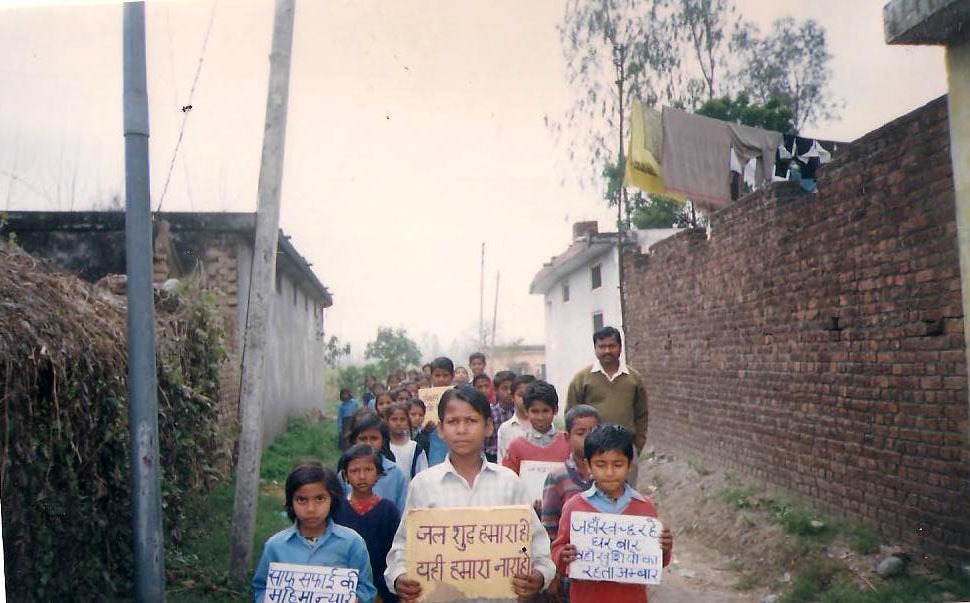PROJECT:
ArraySector Wide Approach Program: SWAP

Sector Wide Approach Program: SWAP (Swajal Uttarakhand, DPMU Roorki-Haridwar-Udham Singh Nagar, Uttarakhand Government) (2003- 2014)
Introduction:
Government of India has launched reforms in the water supply and sanitation sector and as a part of the reforms initiative, demand responsive, community-centered programmes. The basic principle of the reforms is of community participation in the planning, implementation, operation and maintenance in the water supply and sanitation schemes, of its preference and affordability. The programmes implemented in a demand responsive manner, where the community is the forefront of decision making process. SWAp program was implemented in Uttrakhand only.
Objectives:
To improve the effectiveness of rural water supply and sanitation services through decentralization and increased role of PRIs and local communities in the state of Uttarakhand. The project is also expected to bring associated benefits, including improved health resulting from reduced water borne diseases, environmental sustainability through protection and management of water catchments areas and will being of the rural population, especially women through time saving in fetching water and community development activities. From a low water supply service coverage estimate of 50%, the program envisages achieving 72% coverage of the rural population by the end of the project. The target beneficiaries are about 20% of the 6.4 million rural populations that live in habitation categorized as NC or PC.
Haridwar:
Under SWAP Programme Planning of Water Supply Scheme is now completed and implementation phase has started in village Sunhara (Roorkey Block), Jaisawala (Baghdadabad Block), and Sharkhere Shajahanpur (Bhagwanpur Block).
Impact:
- Demand responsive approach adopted by the community.
- Full participation of the communities by involving them in the market survey, implementation, control of finances, and management arrangements of the drinking water schemes.
- Full ownership of community on drinking water assets.
- Operation and maintenance of the water supply schemes and collection of tariff decided by the Panchayats/c committee/communities.
- Behavioral changes regarding use of drinking water, health and hygiene.
Monitoring:
The program was monitored by the organization and DPMU, seeing their records, MPR, regular visits and timely reporting to DIA.
Geographical Area Covered:
IMPART served in three 6 GPs of Uttrakhand i.e. 1 GP in Kashipur & 2 in Jaspur and 3 GPs in Haridwar. Currently, IMPART is working in 2 villages i.e. Sartheri Shahjahanpur and Jaswawala of Roorkee, Haridwar as Technical Supervision Consultant.
Uniqueness of SWAp:
SWAP focussed on both on drinking water and rural sanitation but community contribution was reduced up 2 % only and SC/SC beneficiaries were given the flexibility of 1 percent cash and 1 percent kind contribution. Apart from this, operation and maintenance charges were also collected from the users. Only OHTs were built to supply drinking water. This program was implemented in Uttranchal only.